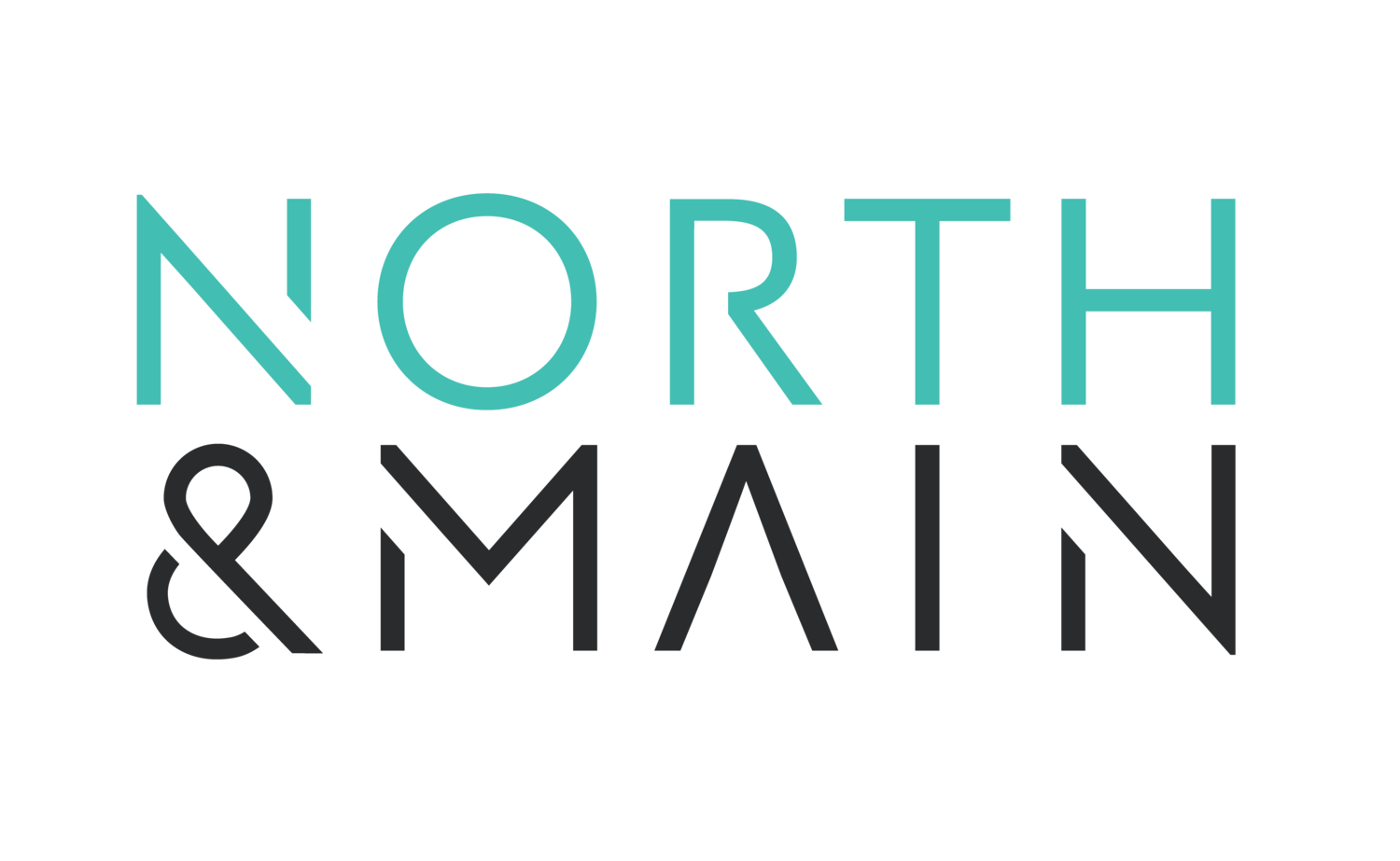My family and I love to have outdoor adventures together, and thanks to COVID, we’ve expanded the definition of acceptable weather for these pursuits. As my husband’s people say, Det finnes ikke dårlig vær, bare dårlige klær: there’s no bad weather, only bad clothing.
Recently, a friend asked my opinion between two brands - if making the investment in quality outdoor gear, did I prefer a specific brand? What did I think about Patagonia versus Arcteryx? I have long believed in buying things built for sustained use, and both companies do a good job with sustainability, committing to core principles of durable products, fair trade policies, and environmental thinking (read Patagonia’s and Arcteryx’s positions on sustainability). On top of that, they both make a good product that fits and performs well.
I said Patagonia for several reasons. The first time I encountered Patagonia’s thought leadership on management was working for a wonderful supervisor at Ogilvy. She had us follow Patagonia’s 15-5 report process, recapping our week and outlook with highlights and focusing on needs and actions rather than a laundry list. I loved hearing the rationale behind it - that Patagonia’s founder, Yvon Chouinard, wanted to get to the point quickly at work, leaving more time for his employees and himself to pursue life outside of work: surfing, climbing, fishing, hiking and playing outdoors.
Second, I learned about their parental leave policies and commitment to the whole family of their employees. They have generous paid parental leave, subsidize onsite child care at their California HQ (and have since the 80s) and their retention of post-leave mothers is 100%.
They also dug deep into their own business practices and discovered that some of their factories were using slave labor and human trafficking. Changing their supply chain added 20-30% to their costs, but that’s a cost I will gladly pay.
And finally, on top of their existing and foundational commitment to the environment, when granted a $10 million tax credit in 2018, Chouinard and Patagonia CEO Rose Marcario clapped back at the Trump administration, declaring they would invest it in environmental activism, because, “...our home planet needs it more than we do.”
So Patagonia it is for me. I trust them because our values are aligned, and these are not new or trendy commitments on their part. I buy their products because of that, and because I’m privileged enough to afford that investment.
How does this look from a brand’s perspective? What role does activating our trust play in a company’s marketing? Our next blog post will look at that.
